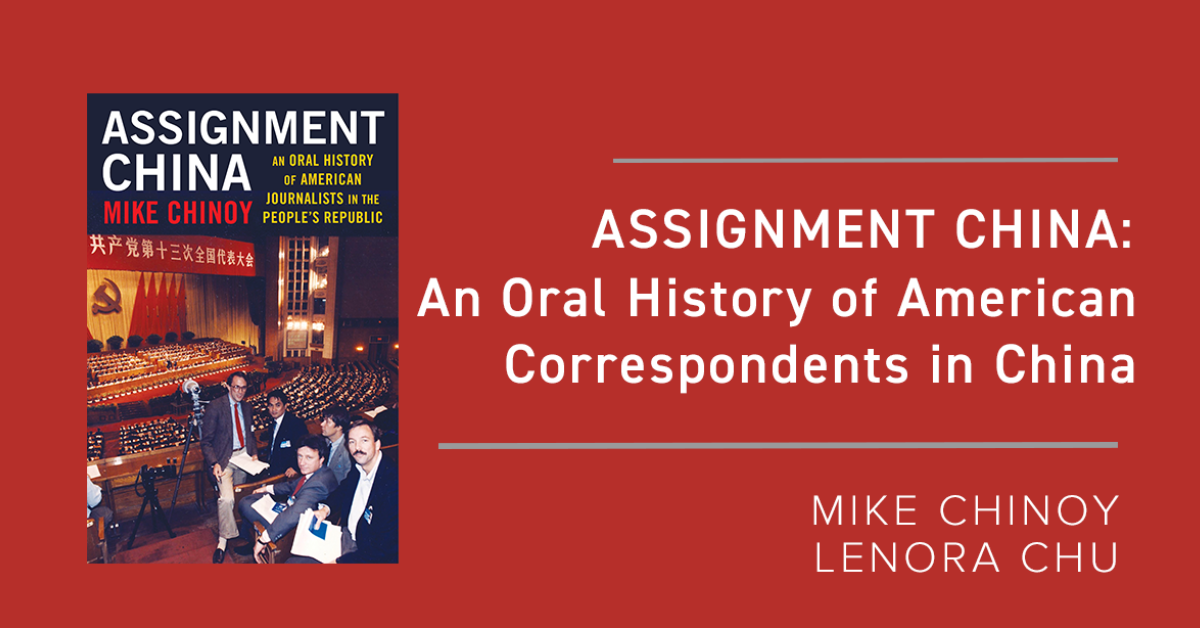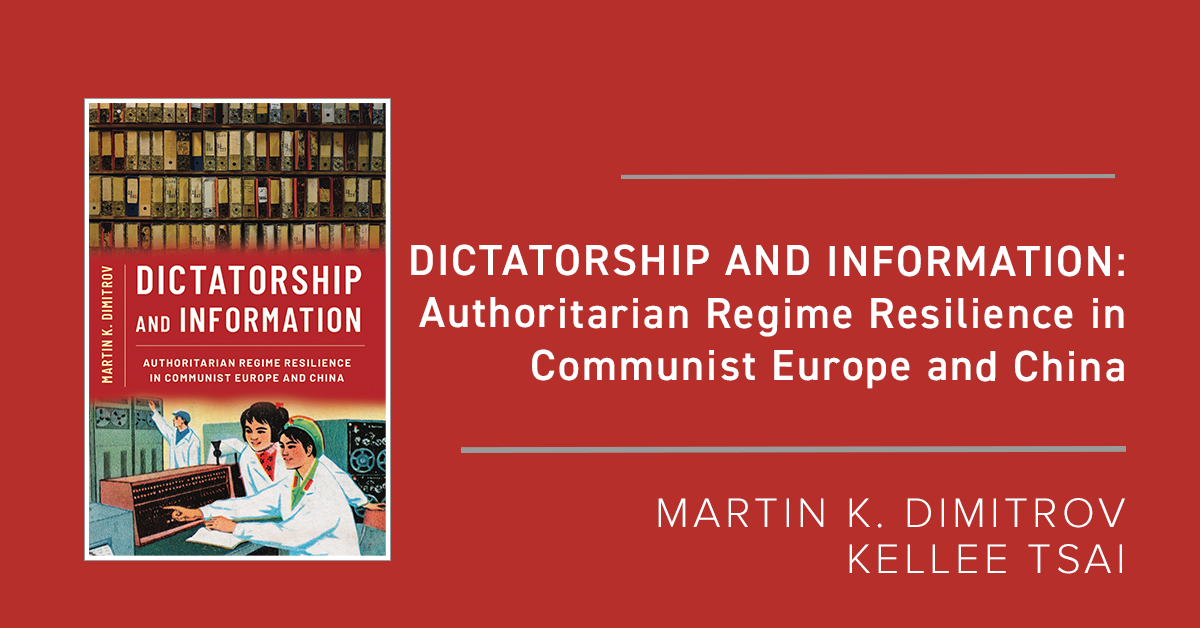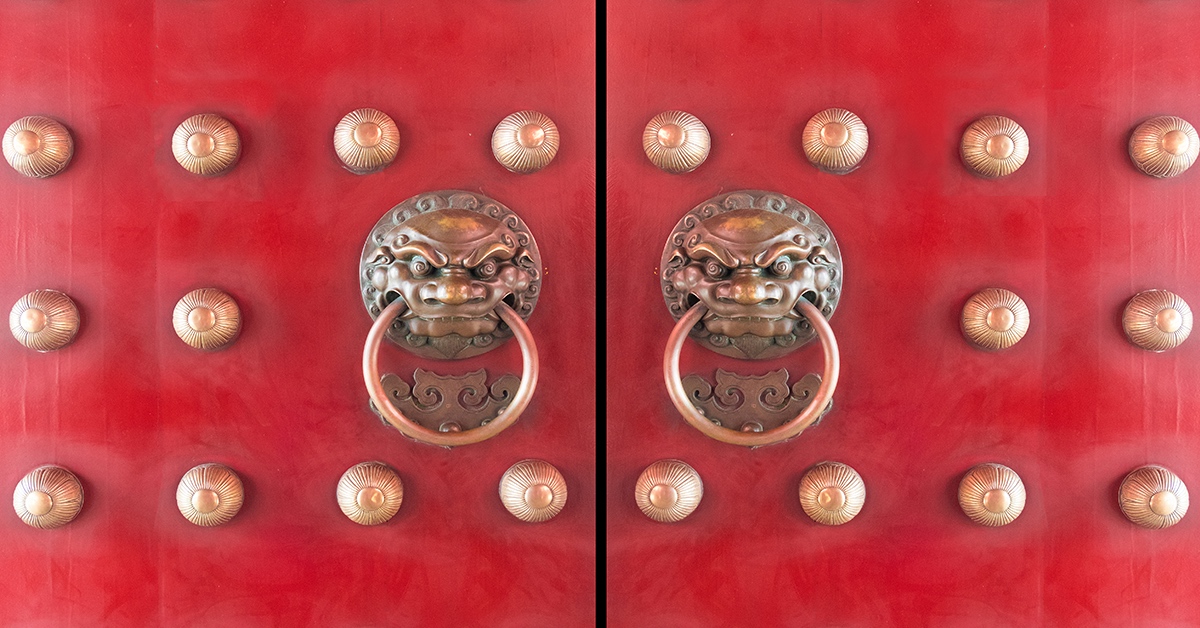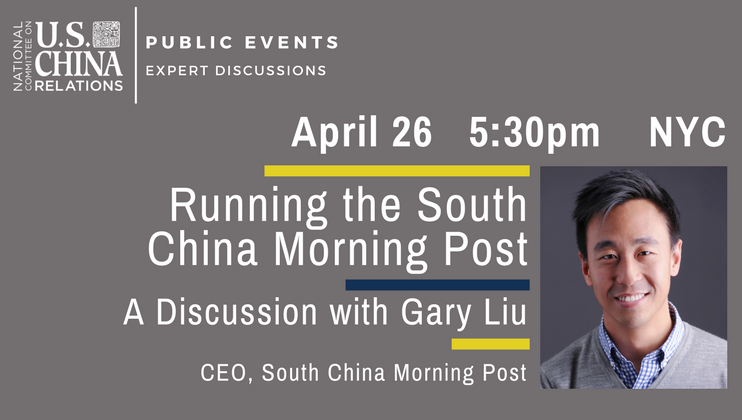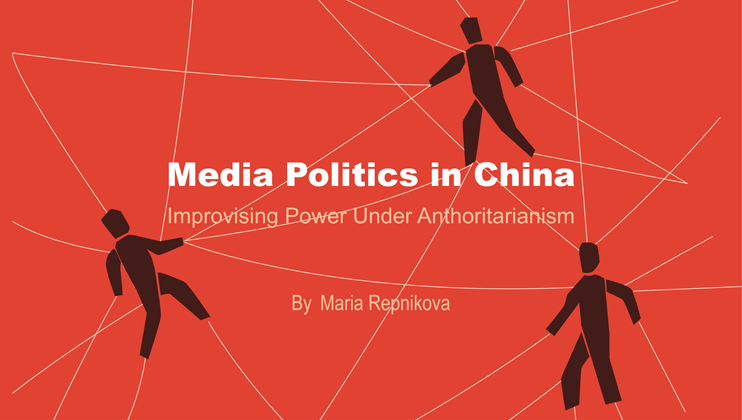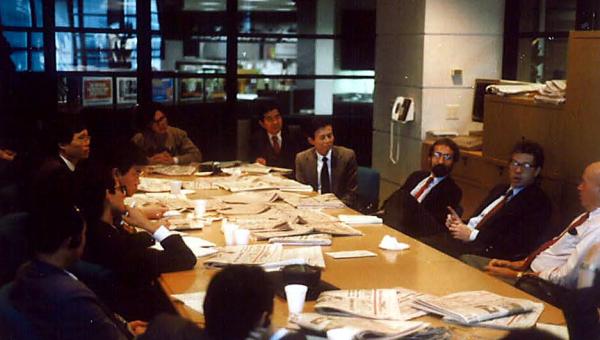Former China correspondents Mike Chinoy and Lenora Chu discuss American media coverage of China through the eyes of journalists themselves.
Martin Dimitrov examines the information collection methods established by communist states to monitor popular dissent and what the systems tell us about governments in conversation with Kellee Tsai.
Dori Jones Yang's memoir describes her introduction to China as a correspondent during the excitement of the early reform era.
The National Committee’s Young China Professionals program went behind the byline to hear candid reflections from two journalists on the front lines of reporting in the United States and China.
Matt Sheehan describes his professional path, lending insight into non-traditional careers in the China space and the challenges and opportunities these paths present.
What does the future hold for Hong Kong? Will it become just another Chinese city that makes up the Greater Bay Area? The speakers, who have been tracking issues relating to higher education, journalism, protest, and the arts, address Hong Kong's future under Chinese rule.
CEO Gary Liu offers an exclusive look into Hong Kong's newspaper of record, the South China Morning Post.
Dr. Maria Repnikova discusses her new book on the role of the media in China and what it means to be a Chinese journalist in the Xi Jinping era.
Jiayang Fan and Jeffrey Wasserstrom discuss mutual misunderstanding and fascination between Chinese and Americans.
In 1989, trade and economic issues played a major role in the United States' relationship with Southeast Asia, and people from that region desired a better understanding of how the American economy functioned and affected the global economy. This was the first regional program carried out by the National Committee: the delegation was comprised of 11 Cantonese-speaking journalists from the PRC, Hong Kong, Singapore, and Malaysia.
